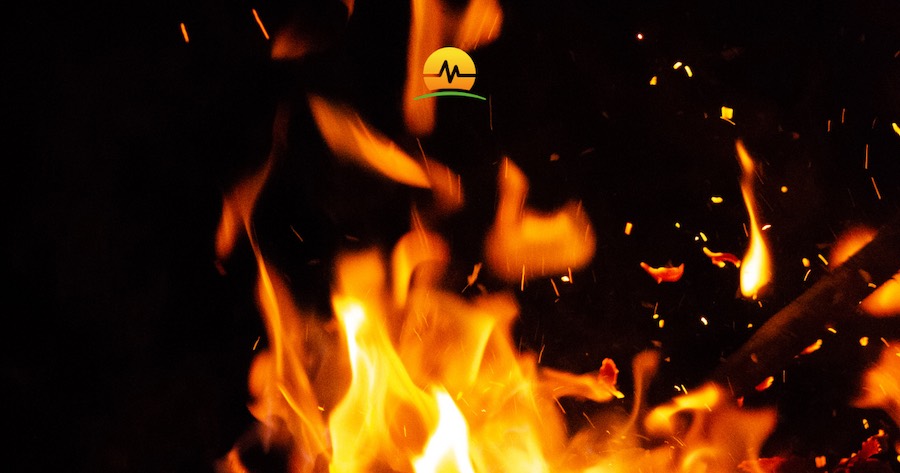You probably don’t know anyone that hasn’t experienced some sort of reflux. This may be caused by a large meal, particularly spicy food, strenuous activity shortly after a meal or even sleep shortly after eating. It happens to all of us once in a while. However, when simple acid reflux becomes chronic, this is when we diagnose it as gastroesophageal reflux disease or GERD.
GERD, on the surface, seems like a relatively innocuous problem that simply causes some discomfort after meals and could be managed with antacids or over the counter Proton Pump Inhibitors (PPIs). However, the problems that come with GERD run much deeper, especially if left untreated or undertreated.
What Is GERD?
GERD involves the refluxing of highly acidic stomach contents up onto the sensitive lining of the esophagus, usually due to weakness in the lower esophageal sphincter – the valve that separates the esophagus from the stomach. The constant wash of acid up into the esophagus and even into the mouth can cause a great deal of discomfort, but also damage. The esophagus can actually start to change on cellular level, starting with a condition known as Barrett’s Esophagus. This is a pre-cancerous condition. If left untreated, about 10% of patients will go on to develop full-blown esophageal cancer. The effects of GERD can also be seen, heard and even smelled. Patients with GERD often suffer from halitosis or bad breath and their teeth may become stained and yellow due to erosion from the acid moving up into their mouths. Others may develop hoarseness or a dry cough that simply won’t go away.
Won’t Medicine Help?
Even the medications associated with the treatment of Gerd have their own side effects and problems. Most are indicated for short term use – even PPI are not indicated past six weeks, yet many people take them for months or even years. Each of these acid suppression medications have side effects. Further, due to their very nature, when stopped, the GERD will return.
For those who are truly suffering from poorly controlled GERD, as millions of Americans do, surgery may be a good option. We offer two surgical procedures for GERD – the fundoplication, where the upper portion of the stomach is wrapped around the lower portion of the esophagus – and the LINX reflux management system, a tiny implanted titanium bracelet. Both of these solutions put additional pressure on the lower esophageal sphincter to support the one-way motion from the esophagus into the stomach and not vice versa.
Ultimately, while it does not seem like a big deal, there are significant consequences associated with undertreated or untreated gastroesophageal reflux disease. While medication may be a short-term solution, as patients try to change their lifestyle to minimize GERD, many millions of patients continue to suffer from its or the medications that they are taking. For those, surgical solutions may be appropriate and represent a one-time curative option to get relief and return to a more normal life. The first step is a consultation to learn more about our two surgical options. We also invite you to watch our online seminar which discusses both treatment options in more detail.





